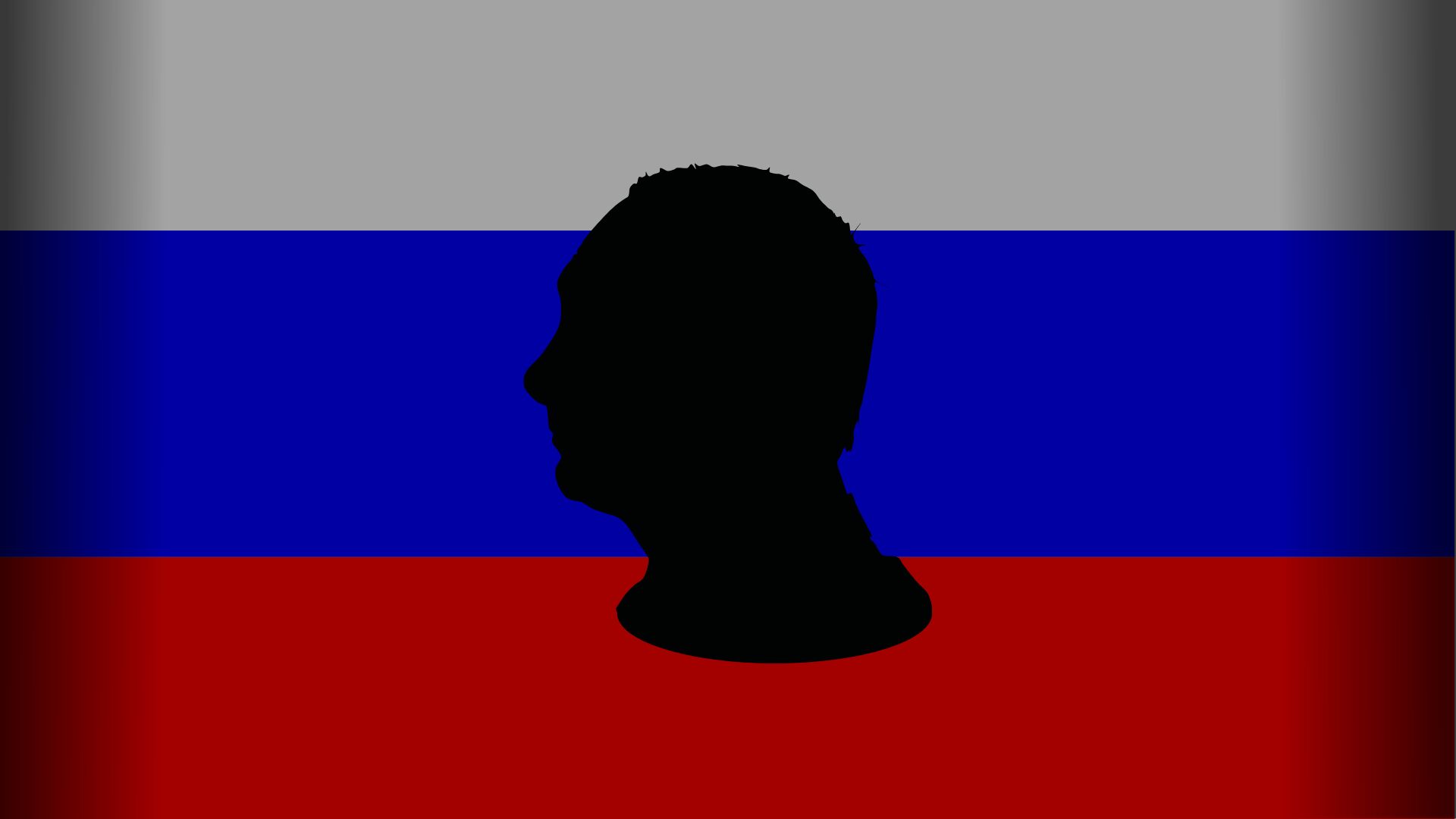Revolt in Russia Weakens Putin amid Ukrainian Counteroffensive
The short-lived revolt in Russia has weakened President Vladimir Putin just as his forces are facing a fierce counteroffensive in Ukraine. Under terms of the agreement that ended the crisis, Russian-backed mercenary leader Yevgeny Prigozhin will go into exile in Belarus but will not face prosecution. U.S. Secretary of State Antony Blinken described the weekend's events as "extraordinary," noting that 16 months ago Putin appeared poised to seize the capital of Ukraine and now he has had to defend Moscow from forces led by his onetime protege.
The short-lived revolt in Russia has weakened President Vladimir Putin just as his forces are facing a fierce counteroffensive in Ukraine. Under terms of the agreement that ended the crisis, Russian-backed mercenary leader Yevgeny Prigozhin will go into exile in Belarus but will not face prosecution. U.S. Secretary of State Antony Blinken described the weekend's events as "extraordinary," noting that 16 months ago Putin appeared poised to seize the capital of Ukraine and now he has had to defend Moscow from forces led by his onetime protege.
The Wagner troops, who had scored the Kremlin's only land victory in months, in Bakhmut, and Chechen soldiers sent to stop them on the approach to Moscow, have been pulled from the battlefield. The Wagner forces' rapid advance exposed vulnerabilities in Russia's security and military forces and Michael Kofman of the CAN research group said the mercenaries had done more damage to Russian aerospace forces in the past day than the Ukrainian offensive had done in the past three weeks.
Ukrainians hoped the Russian infighting could create opportunities for their army. Lord Richard Dannatt, former chief of the general staff of the British armed forces, remarked how many of Prigozhin's fighters had gone with him and if he has kept an effective fighting force around him, he could present a threat again to Ukraine. Ukrainian President Volodymyr Zelenskyy said he told U.S. President Joe Biden in a phone call on Sunday that the aborted rebellion in Russia had "exposed the weakness of Putin's regime." U.S. Rep. Mike Turner, who chairs the House Intelligence Committee, said the march on Moscow appeared to have been planned in advance. The rebellion fizzled quickly, in part because Prigozhin did not have the backing he apparently expected from Russian security services and the Federal Security Services immediately called for his arrest.
Retired U.S. Gen. David Petraeus said Prigozhin had lost his nerve and the rebellion had not generated the kind of support he had hoped it would. Under terms of the agreement that stopped Prigozhin's advance, Wagner troops who didn't back the revolt will be offered contracts directly with the Russian military. It remains unclear how many of Prigozhin's fighters have gone with him and what this means for the war in Ukraine, but it is certain that Putin is much diminished and the Russian military has been weakened. In the aftermath of the crisis, people in Rostov-on-Don cheered Wagner troops as they departed and highways leading to Moscow were repaired. Putin must now address new questions in the weeks and months ahead.




